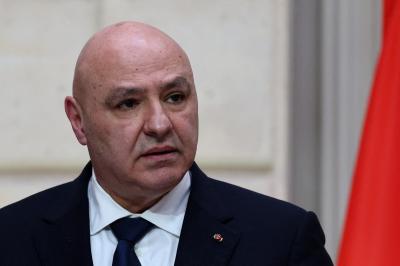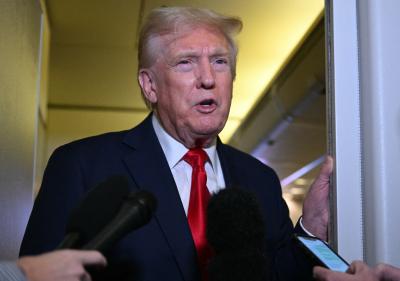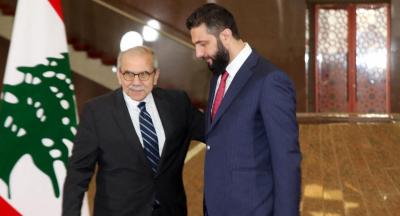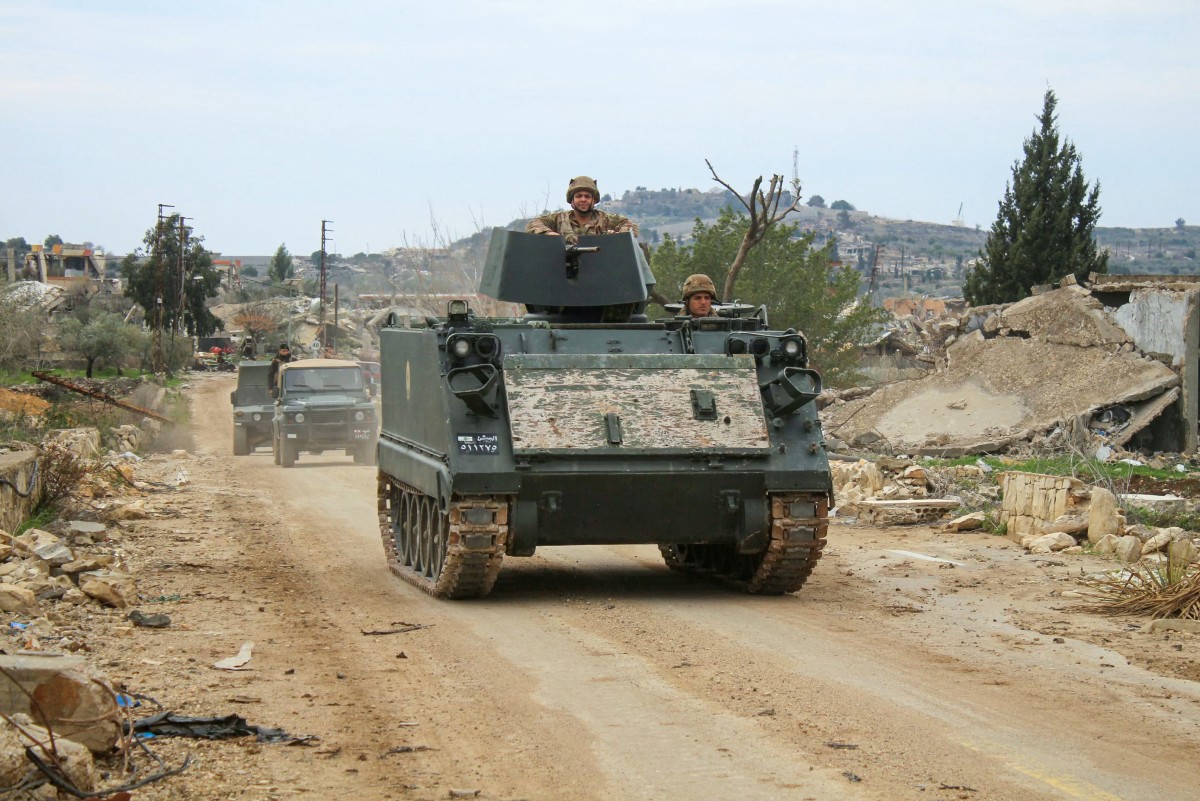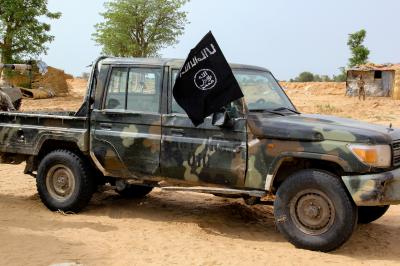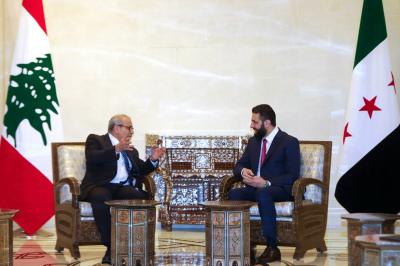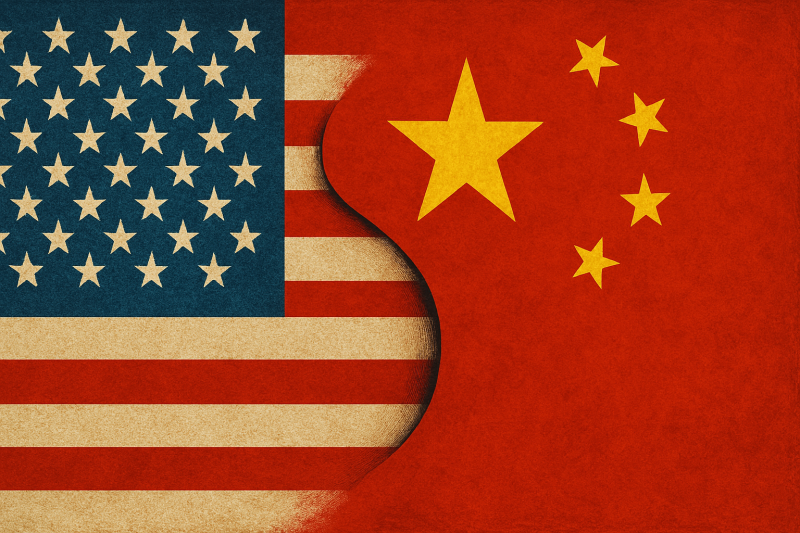Fifty years ago, Lebanon became the battleground for a series of external wars, many of which were reframed as internal conflicts over power, authority, and constitutional disputes among sectarian and political factions. This narrative absolved the regional and international forces that were the real drivers behind these wars.
It is true that the "Two-Year War" of 1975-1976—whose 50th anniversary is now upon us—was largely a Lebanese-on-Lebanese conflict, with a clear sectarian dimension between the "National Movement" and the "Lebanese Front." However, the Palestinian and later Syrian interventions, both with external affiliations and under the pretext of confronting Israel, played a decisive role. These interventions provided militant factions with weapons, funding, and military leadership, ultimately paving the way for Israel’s invasion of Lebanon, which reached Beirut in 1982.
As Palestinian factions fought battles from southern Lebanon to the north—including the brutal "War of the Camps" between Palestinian forces and the Amal Movement—another layer of foreign wars unfolded. The undisputed central player in these wars was the Assad regime’s Syrian army, which left its mark across Saida, Ashrafieh, Zahle, the Chouf, Tripoli, Chekka, Koura, Zgharta, Al-Qaa, the Presidential Palace, and the Ministry of Defense. These wars, accompanied by mass destruction, sectarian displacement, and a series of assassinations, further deepened Lebanon’s divisions.
The 48th anniversary of Kamal Jumblatt’s assassination (March 16, 1977) stands as a stark reminder of the systematic political, religious, intellectual, and media assassinations orchestrated by the Assad regime against figures from all communities. These were not mere acts of internal revenge over political positions and power-sharing. Instead, they were part of Lebanon’s long history of "wars of others"—fought on its soil, between its people, and with their blood.
With the withdrawal of the Palestine Liberation Organization (1982) and the Syrian army (2005), a new external force took center stage: Iran. Initially a marginal player in Lebanon’s wars, Iran soon became the dominant power under the banner of "unity of battlefields." Through its proxy, Hezbollah, Tehran effectively seized Lebanon’s decision-making power regarding war, marginalized the state, and dragged the country into its broader project of expanding the "Islamic Republic" into the Arab world—always under the pretext of supporting Palestine and eliminating Israel.
Since 1993, Iran has been involved in four major wars in Lebanon: 1993, 1996, 2006, and 2023. The most recent, a 13-month-long " war [in] support, [of Gaza]" has proven to be the most dangerous, not only for Lebanon but also for Hezbollah itself. It has also backfired on Iran’s influence in the four Arab capitals [Beirut, Baghdad, Damascus, and Sana] it once boasted control over.
While Lebanese lives were the primary casualties of these Iranian-led wars, Iran itself suffered only minimal and incidental losses. These were, in essence, proxy wars fought with Lebanese blood, serving neither Lebanon’s national interests nor Hezbollah’s, nor even the Palestinian cause. The proof? Lebanon’s diplomacy is now preoccupied with the massive task of repairing the devastation left behind—dealing with the consequences of yet another Israeli occupation, in line with the enduring equation: war destroys, diplomacy rebuilds.
This highlights the urgent need for Lebanon to adopt political and diplomatic pressure as a legitimate means to reclaim its rights. Encouragingly, the Lebanese state—armed with internal, Arab, and international legitimacy—has already begun making tangible progress. The first signs of this success include the retrieval of five Lebanese prisoners from Israeli jails, with further steps expected to follow.
On the horizon, diplomatic negotiations aim to resolve border disputes in the south, including the 13 contested points along the Blue Line and at least five new points. This undermines Hezbollah’s narrative that diplomatic pressure cannot succeed, which it has long used to justify its retention of arms. In reality, Hezbollah’s military presence south of the Litani has already become irrelevant due to widespread acknowledgment of its withdrawal.
Since war has yielded nothing but setbacks and armed resistance has proven ineffective, Lebanon is left with only one viable option: leveraging its legitimate institutions and international relations to regain its rights. Even if those advocating for diplomacy face accusations of "normalization," it is worth noting that Hezbollah itself has engaged in multiple forms of de facto normalization with Israel—most notably through maritime border demarcation and prisoner exchange negotiations.
The success of diplomacy where war has failed is best exemplified by the 2022 maritime border agreement brokered by the United States. Contrary to Hezbollah’s claims, its drone operations over the Karish gas field did not force Israel to concede. Lebanon, under Hezbollah’s acquiescence and Speaker of Parliament Nabih Berri’s endorsement, ultimately relinquished its claim to Line 29—a resource-rich area—settling instead for Line 23. So, where was the deterrence?
The Lebanese state is now actively working to undo the severe damage caused by Iran’s proxy war in Lebanon. Hezbollah’s Secretary-General Sheikh Naim Qassem may deny this reality, but his denials do little to change the facts. President Joseph Aoun made it clear to an Iranian delegation: "Lebanese people are exhausted by the wars of others." This undeniable truth cannot be dismissed.
Can anyone still argue that the "support war" was anything but an Iranian-orchestrated conflict between Lebanon and Gaza, carried out with Iranian support, directives, and decision-making? The disastrous consequences for both sides make it clear that the war was neither well-calculated nor beneficial.
No one can claim that this war was "Made in Lebanon"—or that it was waged for Lebanon’s sake. But one thing is certain: Lebanon’s future must be one of peace, not war. And there is growing hope among the Lebanese that this latest Iranian-driven conflict will be the last of the "wars of others" to be fought on their land.
 French
French


